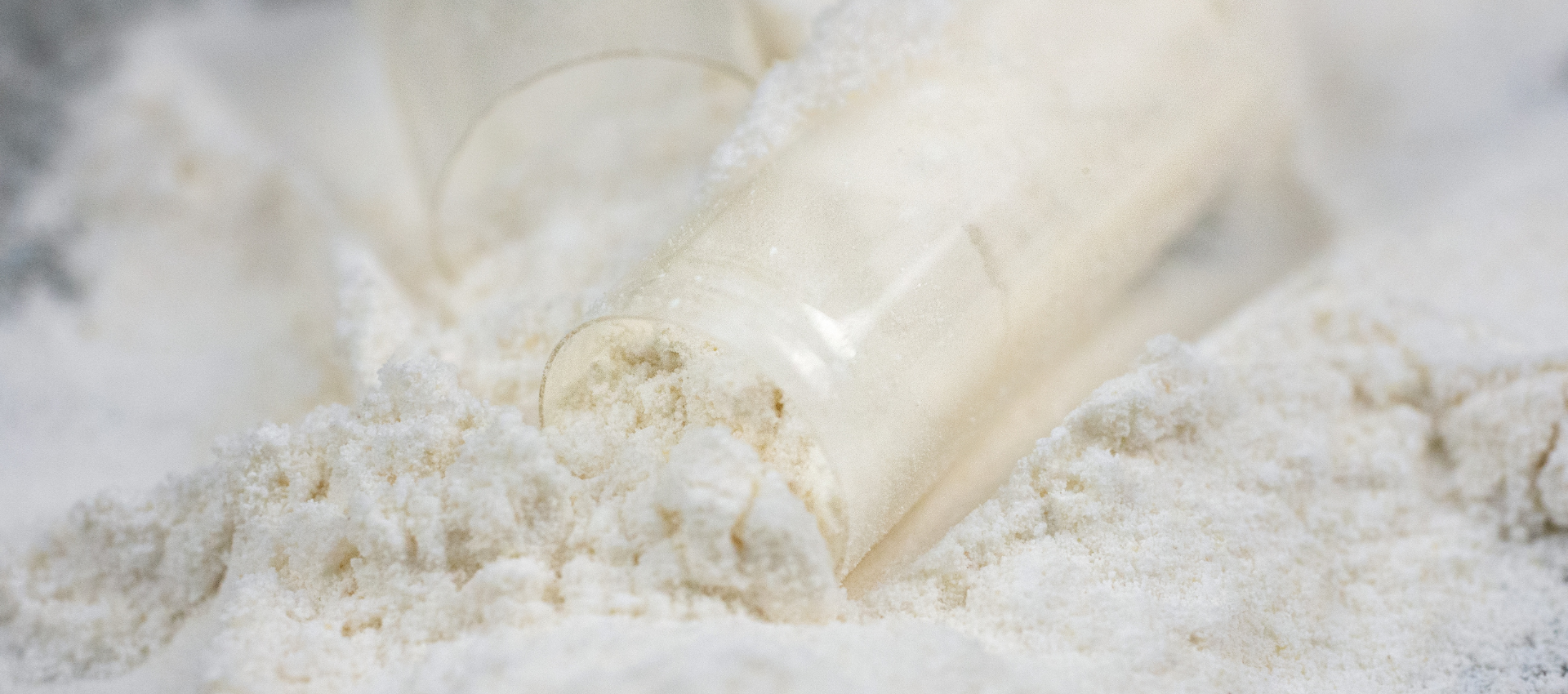What on earth are excipients?
A secret of the Australian vitamin & supplement industry.
Excipients are ingredients added to a supplements formulation ...
But are not required to be disclosed to customers.
Excipients are defined as 'any ingredient other than the active ingredient.'
And can include binders, tablet coatings & colouring agents.
Or fillers, preservatives & processing aids to support the manufacturing process.
Every supplement has excipients ...
But for some reason, the vast majority of vitamin & supplement brands in Australia ...
Choose not to disclose excipients to customers.
We believe you deserve absolute transparency as to all the ingredients included in a supplement.
And although not required by regulation ...
We choose to disclose every ingredient in our formulations, including the active ingredients, excipients & incidental minor excipients.
Below is a more detailed explanation of all the ingredients included in a supplement.
And our position as brand for the use of excipients in any of our vitamins & dietary supplements.
The making of a supplement
Vitamins & dietary supplements are made up of 3 different ingredient categories; active ingredients, excipients & incidental minor excipients, sometimes referred to as 'other ingredients.'
These ingredient categories each play specific role in the final formulation of a product & all three are found in most vitamin & dietary supplements on the market:
1. ACTIVE INGREDIENTS
Active ingredients are ingredients which provide the intended therapeutic / health benefit of a products formulation.
For example, Magnesium Glycinate is an active ingredient & provides a therapeutic health benefit of supporting muscle function.
2. EXCIPIENTS
Excipients are ingredients, other than the active ingredient that do not contribute to a supplements intended health benefit.
Excipients can include functional & structural properties such as processing aids to support production & manufacturing & preservatives to prevent microbial growth & ensure product stability.
However, excipients can also include substances such as binders to hold ingredients together (most commonly found in hard tablets) & fillers to contribute to supplement volume, in order for a capsule to appear full.
3. INCIDENTAL MINOR EXCIPIENTS
Incidental minor excipients are substances that are added to certain raw material ingredients during the manufacture of that specific ingredient.
These ingredients are most often included to support stability, extend shelf-life & improve the physical properties of an ingredient.
For example, tapioca starch, a 100% natural extaction of cassava root, is used as an incidental minor excipient to convert MCT oil to MCT powder, found in our Vitamin D3 with MCT formula.
Our position on excipients
It is our view that if they are required, the primary role of an excipient should be to support the production of a vitamin & its active ingredients.
Excipients should be derived from natural ingredients, at no time interfere with a product's dissolution & absorption & their use should be minimized as much as possible.
No unnecessary excipients
Unfortunately, a large majority of vitamin & dietary supplements contain what we would define as unnecessary excipients.
MORE INFO
Unnecessary excipients include highly questionable fillers, additives, binders, artificial colours & glues.
They are often synthetic in composition & ubiquitous to the vitamin & dietary supplement industry (for example, vegetable based carrier oil excipients are often included in oil based, Vitamin D supplements & hard coated tablets often require large amounts of glues & binding agents to hold their ingredients together).
These types of excipients are usually easy to source & cheap to manufacture; hence why many brands look to these as the primary supporting ingredients when formulating vitamin & dietary supplements.
At Honour, you'll never find us using unnecessary excipients & if a formulation requires the inclusion of excipients, they are derived from natural ingredients & at no time interfere with a products dissolution & absorption.
A commitment to full disclosure
Australian regulation does not currently require excipients & incidental minor excipients to be detailed on the product label.
MORE INFO
The Therapeuitc Goods Administration (TGA) of Australia only requires the active ingredient of a vitamin & dietary supplement to be detailed on the product label.
For example, a magnesium supplement only requires the active ingredient, magnesium, to be detailed on the product label, despite the fact that many magnesium supplements come in tablet form, which require large amounts of excipients to bind the ingredients together.
We believe customers deserve absolute transparency into vitamins & dietary supplements & although not required by regulation & unlike most vitamin brands, we have made he conscious choice to detail every ingredient in our product formulations including the active ingredient, excipients & incidental minor excipients.
Check the TGA
So you can understand what is really going into the formulations of your favourite vitamin & dietary supplements, we stongly encourage you check the Australian Therapeutic Goods Administration (TGA) product & ingredient listings summaries (link below).
Simply search the brand name or product name of your vitamin & download the PDF listing summary.
Here you will find the sponsor / brand details, health claims that can be made, active ingredients of a formulation (what's required to be made public) & the excipients / other ingredients (what is not required to be made public, yet still included in the ingredients).


